The Dutch Government, comprised of the political parties PVV, VVD, NSC, and BBB, includes 16 ministers and 13 state secretaries. The official start of the new canine will be marked by a swearing-in ceremony before the king at Huis Den Bosch in the Hague on July 2, 2024.
The Netherlands is a parliamentary democracy
July 2023, the Dutch cabinet collapsed, leading to snap elections for the Tweede Kamer (House of Representatives) scheduled for Wednesday, November 22. A total of 26 political parties are participating in the elections, and various polls are being conducted to gauge public sentiment. The diverse array of political parties reflects the dynamic political landscape in the Netherlands, and the poll-to-poll comparisons provide insights into the changing preferences of the electorate leading up to the elections. Citizens will have the opportunity to cast their votes and participate in the democratic process. The outcome of these elections will play a crucial role in shaping the future direction of the country. As voters head to the polls, candidates and political parties will be vying for support, each presenting their vision and policies for the betterment of the nation. Stay tuned for the results, as they will undoubtedly have a significant impact on the political landscape of the Netherlands.”
Most important election themes in 2023
The actual election themes that are crucial in these elections.
Housing shortage, Climate, Agricultural sector, Economy, Asylum and Migration, Employment, Healthcare, Taxes, War Affairs
➔ READ MORE – Elections in the Netherlands – Poll to polls
The Dutch use their voting rights, we are involved in politics
Democracy leads the dance to the ballot box where we celebrate our right to vote. If there are elections, Wednesday is the day on which voters cast their vote in the Netherlands. Why is Wednesday the day to vote in the Netherlands? Due to religion, Friday, Saturday, and Sunday are excluded. Moreover, Wednesday is “gehaktdag” in Holland. Which means as much as minced-meat-day. It is the cheapest day with the best offers at the butcher. And that is also what elections are all about. Elections ultimately make governments disappear in the meat grinder of the electorate. But, the only exception is that for elections to the European Parliament, the voting day is Thursday.
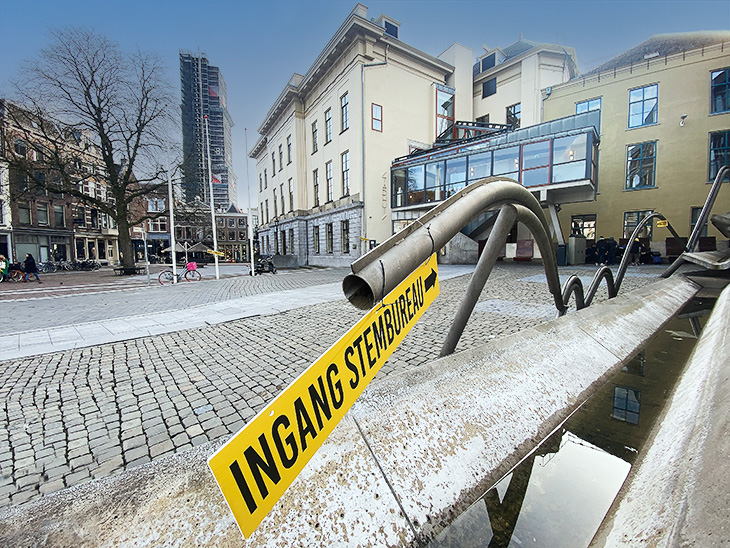
Democracy leads us to the Ballot Box with a Voting Pass
Some weeks before the election we receive a letter with a voting pass. Followed candidate lists of political parties. In the Netherlands, we have an overload of political parties. On the day of the election, we have to go to a polling station. To exercise our vote we have to register our voting pass and show an ID. As ID a passport, identity card, or driver’s license is accepted. If we can’t cast our vote ourselves we can authorize another person to vote for us. Anyone aged eighteen or older with Dutch nationality is entitled to vote.

Democracy gives us the Right to Vote on Political Issues
The most important political positions are the energy crisis, climate change, sky-high inflation, the asylum crisis, the nitrogen crisis, the crisis of confidence, and the war in Ukraine. The current (a.d. 2023) Dutch government has lost voter’s confidence due to the situation in Groningen where gas extraction caused enormous earthquake damage to houses; the situation with the tax surcharge law and the nitrogen crisis. There is a huge shortage of homes in the Netherlands and the homes that become available are too expensive and un-affordable for many people. Also purchasing power is an important issue.
➔ READ MORE – Dutch Government – How the political system works in the Netherlands
Democracy forces us to choose between 26 political parties

Is it too difficult for you to make up your mind about which party to choose? Well, go to the internet to get some help to make up your mind. Consult an online voting guide. Answer the voting guides questions and fill in what you think is the best approach to current issues. Finally, the artificially led intelligence of the voting guide will do the thinking for you. Be careful, you might be fooled. Think for yourself, in case of a headache take paracetamol, and determine which political party fits you best.
➔ READ MORE – Voting? Which political party is the best for me and the Netherlands?
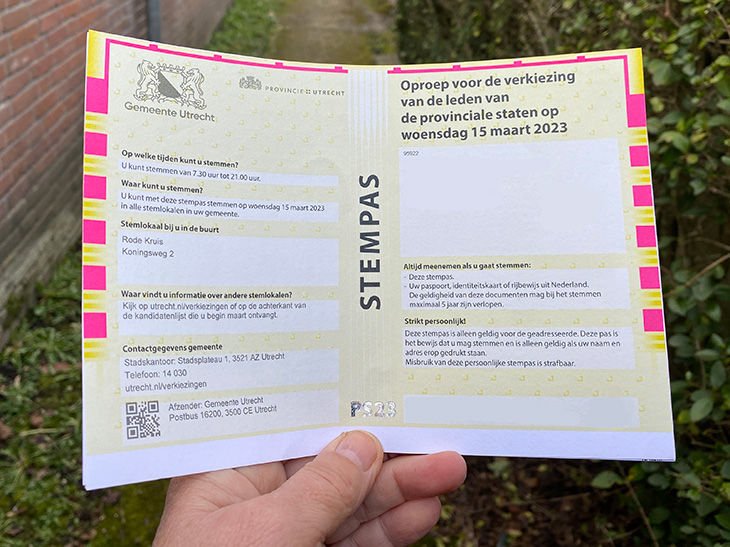
The Netherlands is a Democracy and guarantees the Right to Vote
The Netherlands is a democracy and as many voters as possible should have the opportunity to vote. That is why there are polling stations in many locations. Polling places are in schools, community centers, city halls, and even at train stations. Wednesday is the day that puts the least strain on these locations.
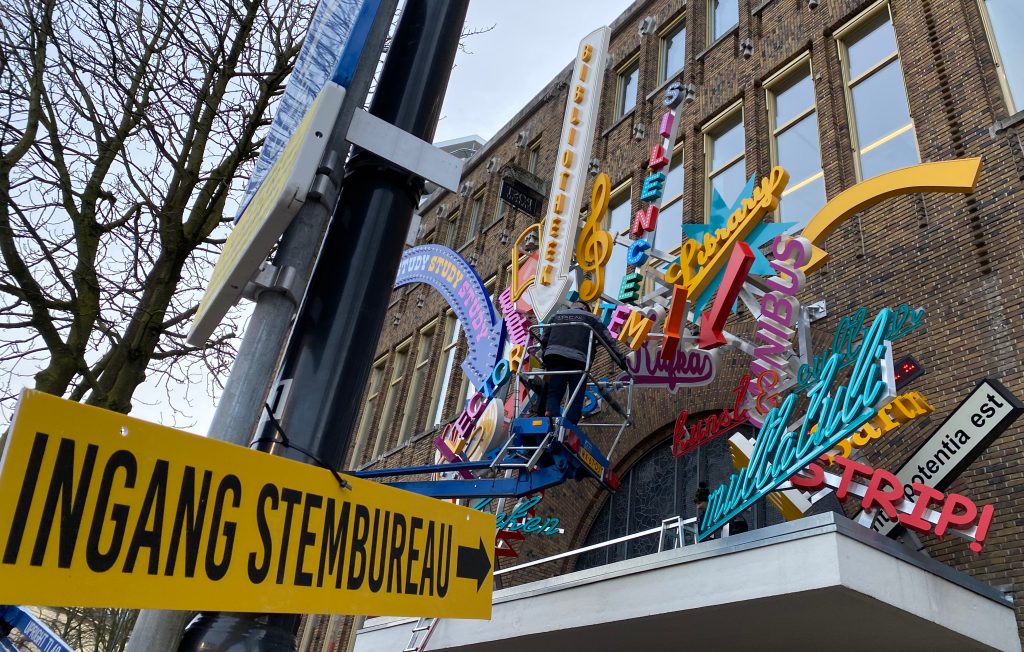
Polling stations
Polling stations are manned by volunteers who have followed an introductory course.
In 2023, on Wednesday 22 November, there will be parliamentary elections held for the Second Chamber or Tweede Kamer, a crucial component of the Dutch parliamentary system.
In 2023, on Wednesday 15 March, there will be Provincial States elections and Water Board elections. That is when we choose the best representatives of the people to run our democratic institutions.
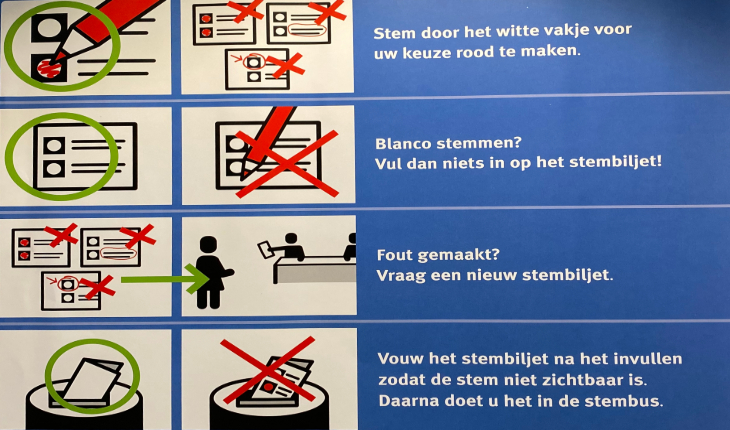
Democracy is about counting the votes
After the ballot boxes have closed, the voluntary members at the polling stations start counting the votes, voting passes, voter passes, and proxies.
Which Elections do we have in the Netherlands
What elections are there in the Netherlands? When are these elections?
Those entitled to vote can vote during the elections for the House of Representatives, the Senate, the Provincial Council, Water Boards, Municipal Councils, and the European Parliament. The European elections are every 5 years, all other elections are every 4 years. Upcoming democratic events are:
Election of the First Chamber of Parliament by the members of the Provincial States on 30 May 2023
Election of Second Chamber of Parliament on November 22, 2023
European elections on June 6, 2024
Election of the Second Chamber of Parliament on February 3, 2025
The Provincial Council elections influence national politics. All provinces together elect the 75 members of the Senate, who monitor the government and approve or reject bills.
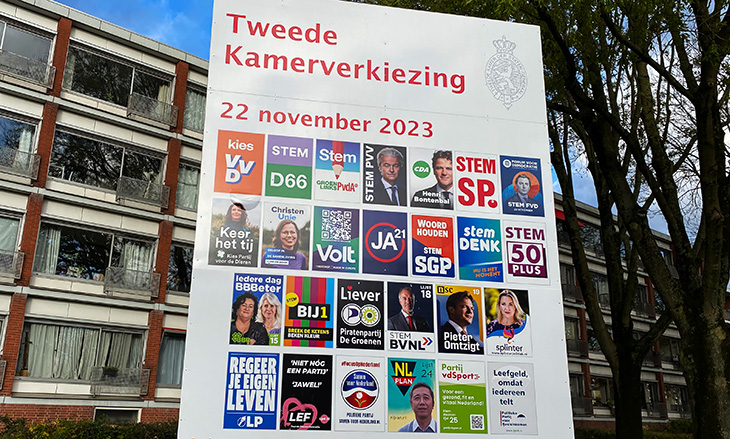
The political system in the Netherlands in a nutshell.
Next, I will give you a brief explanation of the Dutch political system. If you like to know more about our political system visit the website of the Dutch government. Here you find an extensive explanation of how politics in the Netherlands works.
➔ READ MORE – Everything you always wanted to know about the Dutch Government
What is the Dutch government, “de Regering”?
The King and the Council of Ministers together are the Dutch government.
The ministers and prime minister form the council of ministers.
What is the Cabinet: “Het Kabinet”?
The ministers and state secretaries form the cabinet.
What is Parliament?
In the Netherlands, the parliament is called the “States General”. The States General consists of two Chambers: the House of Representatives (The Second Chamber) and the Senate (The First Chamber), the House of Representatives has more (power) rights than the Senate.
What is The First Chamber, “Eerste Kamer”, also called the Senate?
The members of the Senate are elected by the members of the twelve Provincial Councils. Citizens elect the Provincial Council and the members of the Provincial Council in turn elect the members of the Senate.
What is the Second Chamber, “Tweede Kamer”, the House of Representatives? The Second Chamber is elected by Dutch voters during national elections. This House of Representatives makes new laws together with the government and checks whether the government is doing its job properly.
So Parliament also called the “Staten Generaal” consists of The First Chamber and The Second Chamber. These institutions are located in The Hague at the Binnenhof. The Senate meets in a beautiful centuries-old meeting room, which was built long ago for the States of Holland.
➔ READ MORE – The best things to do in The Netherlands this week
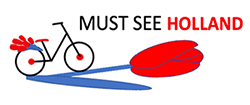
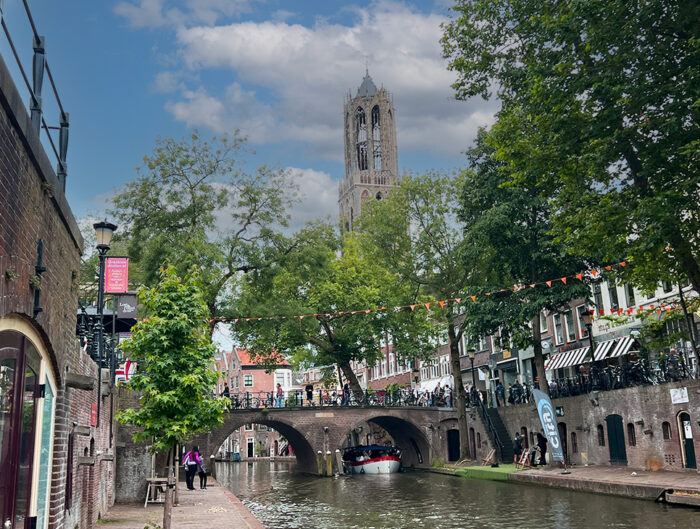
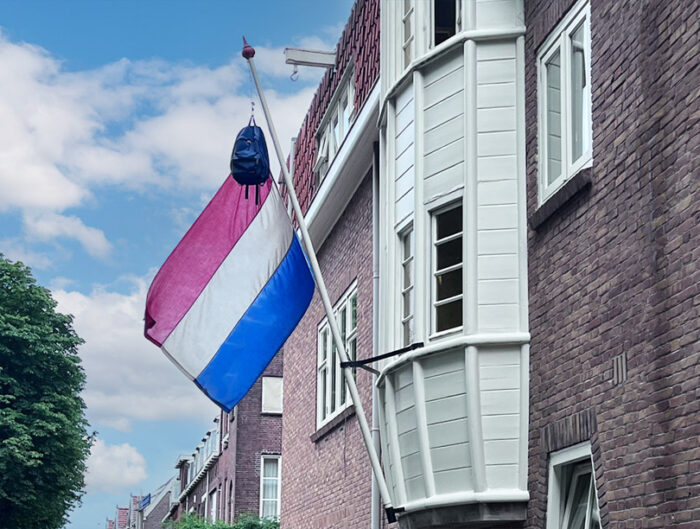



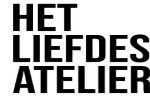
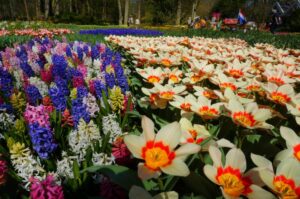
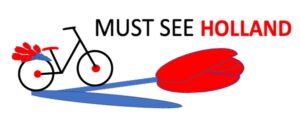
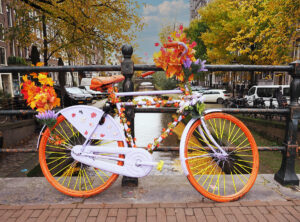
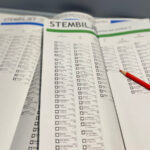
Leave A Reply